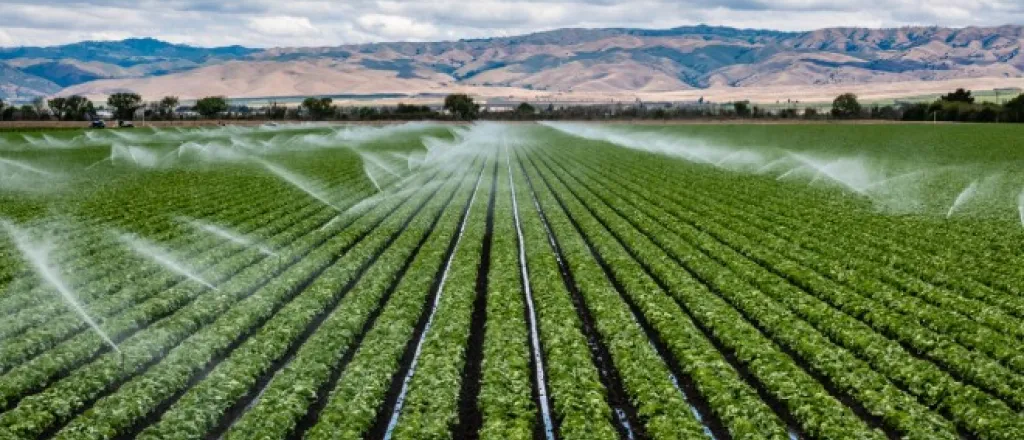
How to make your industrial irrigation system more efficient
©
In today's agricultural world, where sustainable practices are becoming increasingly important, optimizing your irrigation system will improve your profits and reduce costs while contributing to global water conservation efforts. Modern agricultural practices demand sophisticated irrigation methods that minimize both the environmental footprint and resource expenditure.
Learning how to make your industrial irrigation system more efficient will contribute to a sustainable and resource-conscious agricultural industry. You must implement these technologies thoughtfully to ensure they provide the maximum benefit.
Implement advanced control systems
Advanced control systems, such as weather-based controllers and soil moisture sensors, allow for precise water application tailored to the specific needs of your crops. These systems often integrate with real-time data, adjusting irrigation schedules based on weather forecasts, soil moisture levels, and evapotranspiration rates. By leveraging these technologies, you can minimize over-watering and under-watering, ensuring optimal water usage.
Use efficient irrigation techniques
One of the most effective ways to improve irrigation efficiency is by adopting advanced irrigation techniques like drip irrigation and sprinkler systems. Drip irrigation delivers water directly to the root zone of the plants, reducing evaporation and runoff. Modern sprinkler systems distribute water more evenly, and you can adjust them for optimal spray patterns and pressure. Transitioning from traditional flood irrigation to these methods can lead to significant water savings and better crop health.
Optimize pump performance
Consider investing in high-efficiency pumps and employing variable frequency drives (VFDs) to control pump speed based on demand in real time. Vertical turbine pumps are particularly effective for high-pressure applications and can be more energy-efficient compared to other types of pumps. By selecting the right pumps and maintaining them properly, you can reduce energy consumption and ensure consistent water delivery.
Regular Maintenance and Inspection
Regular maintenance and inspection of your irrigation system components are essential for identifying and addressing potential issues before they escalate. Check for leaks, clogs, and other damages in pipes, valves, and emitters. Routine maintenance not only extends the lifespan of your system but also ensures that it operates at peak efficiency, preventing water and energy waste.
Implement water-saving practices
Adopting water-saving practices can boost the efficiency of your industrial irrigation system. Practices such as crop rotation, mulching, and planting drought-resistant crops can reduce water demand. Scheduling irrigation during cooler parts of the day, such as early morning or late evening, can minimize water loss due to evaporation. Educating yourself and your team on best practices for water conservation is crucial for long-term sustainability.
Enhancing the efficiency of your industrial irrigation system requires a combination of advanced technologies, regular maintenance, optimized pump performance, and water-saving practices. By making these strategic adjustments, you can ensure your irrigation system operates more efficiently, leading to better crop yields, reduced water and energy costs, and greater sustainability.
















